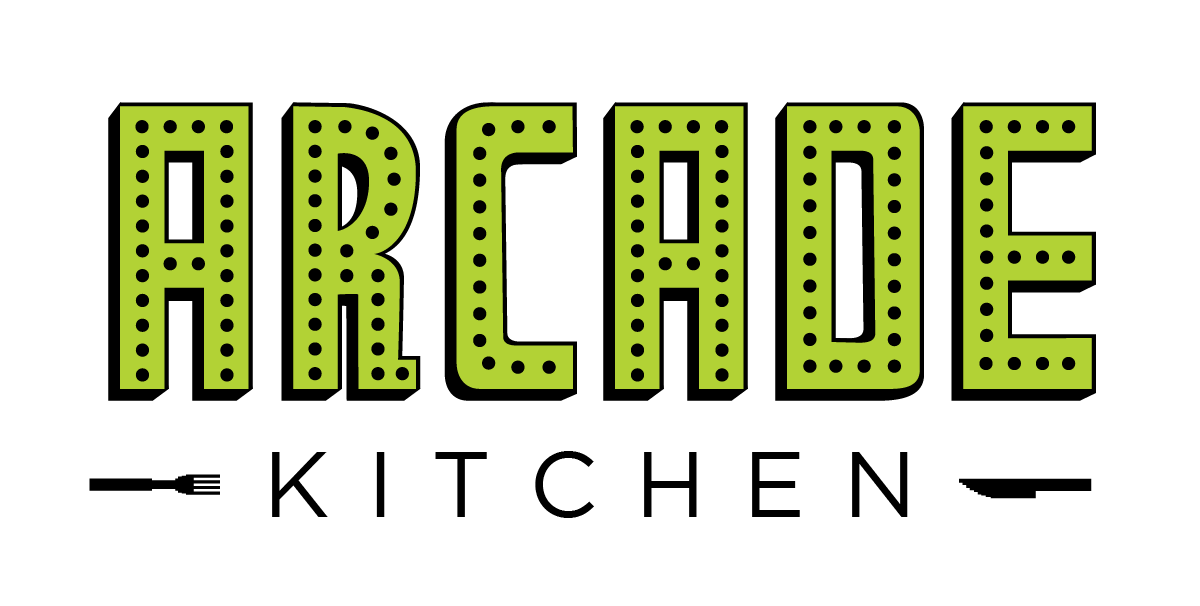What Urban Chestnut Means to a German-American
I love Urban Chestnut.
There’s no objectivity to be had here. If that’s what you’re looking for, keep moving buddy.
It was the first brewery I visited when I moved to St. Louis, and the beer immediately struck me. Up until that point, lagers had never really been something to truly enjoy—yellow, fizzy, mundane.
Photo credit: Flickr/Paul Sableman
They were the thing to buy when I wanted to drink 10 of something and only feel moderately bloated. That first sip of Zwickel was different, though. There was actually a taste to it…a damn good one! What sorcery was this?
It seemed very ballsy to start an American craft brewery trading in traditional German style beers. The flagships of the brewery are Zwickel and Schnickelfritz—a Bavarian unfiltered lager and a Bavarian weissbier respectively. It wouldn’t be surprising if UCBC is the only brewery in the States to do this. They’re a respite from an American market that seems to be flooded with beers like bacon double IPAs.
There was another thing that grabbed me, though.
I respected the hell out of the unapologetic German-ness of it. I mean the biergarten, leberkäse and schnitzel—not the goose stepping. I’m part German, and as an adult, I’ve been desperate to connect with my heritage. But it’s difficult. Most traces of German culture and heritage in America had been stamped out by the time of World War II.
German immigrants spoke their native language. They settled in enclaves. They produced German language newspapers. They were seen as unwilling to assimilate. Not American enough. Sound familiar?
Photo credit: Flickr/Paul Sableman
Beer and revelry also followed them to America. They drank and danced at their gatherings and festivals. The tight assed, puritan Protestants in the country just couldn’t abide that. Because apparently, at one point, our whole country was the town from Footloose.
Prohibition was partly about the temperance movement. It was also, in part, about petty retaliation against Germans. It’s something you don’t learn in history class.
They were primarily the people running the country’s breweries and banning booze was a stake through their very livelihood. In fact, Kurt Vonnegut’s mother came from a prosperous German family in Indiana, the Liebers, who owned a brewery. Prohibition sunk the family’s fortune after the brewery was closed in 1921.
Add in starring roles as the enemy in two wars, and, yeah, you can see why people (including Vonnegut’s parents) didn’t teach their children the language. Thus one of the most significant diasporas in American history is left with very little legacy.
Photo credit: Urban Chestnut
That's not the case at Urban Chestnut, though. There are steins full of Märzen and lederhosen during Oktoberfest, which is celebrated, correctly, toward the end of September—not the middle of October. The sound of the distinctive brass oom-pah music often echoes throughout the biergarten. You're likely to catch a glimpse of the soft blue and white of the Bavarian flag. You might even hear "Prost!" and the faint clang of glasses. It is an institution that is few and far between in America.
That’s why I smile every time I’m lucky enough to sip a cold beer in a sun soaked biergarten. It’s nice to imagine an ancestor doing the same thing in Saxony more than a century ago.
I can’t speak German very well, and I can’t tell you exactly what village my ancestors came from. I’m not particularly fond of David Hasselhoff (I had to!). What I can do is enjoy an authentically brewed Bavarian beer.
And that’s something—no matter how small.



